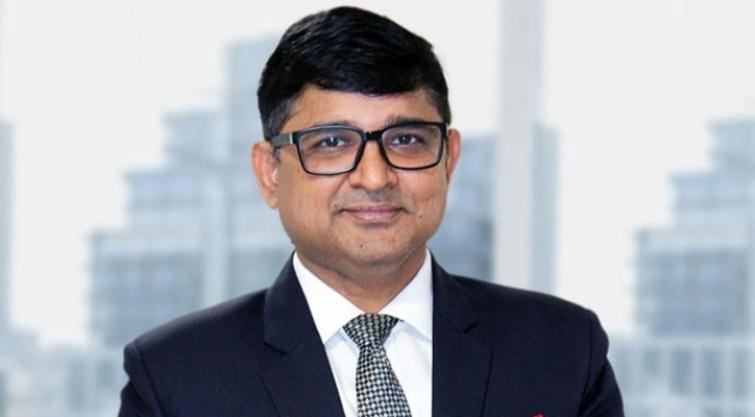
New Delhi: The Union Budget 2025 has introduced several significant measures aimed at strengthening India’s healthcare infrastructure, particularly benefiting cancer patients, medical students, and citizens struggling with high medical expenses. According to Dr. DK Gupta, Chairman of Felix Hospitals, these initiatives will play a crucial role in improving the country’s medical framework and positioning India as a leading global healthcare destination.
This year, the government has presented a ?50.65 lakh crore budget, allocating ?98,311 crore to the healthcare sector, which accounts for 1.94% of the total budget. Compared to last year’s ?86,582 crore, this marks an 11% increase in healthcare spending. While this growth is a positive step, Dr. Gupta emphasized the need to increase healthcare expenditure to at least 5% of GDP, given the growing population and rising demand for quality medical care, especially among the elderly. Currently, only 2.5% of GDP is allocated to healthcare, which is significantly lower than most developed countries.
One of the key highlights of the budget is the relief provided to cancer patients, with the exemption of customs duty on 36 life-saving drugs used for cancer and rare disease treatment. Additionally, the government has announced the establishment of 200 Cancer Daycare Centers in district hospitals, ensuring that patients receive timely treatment without having to travel to major cities. Reducing taxes on essential medications and medical equipment will further bring down treatment costs, making quality healthcare more affordable for the general public. To support domestic pharmaceutical production, the budget also includes a ?2,500 crore Production-Linked Incentive (PLI) scheme, which will strengthen India’s self-sufficiency in medical manufacturing.
The budget has also made significant provisions for medical education expansion, with the addition of 10,000 new medical seats next year and a total of 75,000 medical seats over the next five years. Dr. Gupta believes that this move will help bridge the doctor-patient ratio gap and improve healthcare accessibility in both urban and rural areas.
Another important announcement in the budget is the promotion of medical tourism under the ‘Heal in India’ initiative, which will simplify the visa process for international patients seeking affordable and high-quality treatment in India. This move is expected to strengthen India's reputation as a global healthcare hub.
The budget also reinforces the government’s commitment to public health and digital infrastructure development, with ?9,406 crore allocated for the Ayushman Bharat Health Insurance Scheme and ?4,200 crore set aside for the Ayushman Bharat Health Infrastructure Mission. The focus on expanding telemedicine and digital health services will ensure that quality healthcare reaches even the most remote areas, while the integration of maternal and child health services under the National Health Mission (NHM) will further enhance overall healthcare accessibility.
Dr. DK Gupta praised the government’s proactive approach in making healthcare more affordable, improving medical infrastructure, and boosting accessibility. He highlighted that reducing treatment costs, expanding medical education, and strengthening medical tourism will bring transformative changes to the Indian healthcare system. He concluded by stating that this budget will help create a more resilient and inclusive healthcare ecosystem, ensuring that quality medical services are accessible to every citizen.
Felix Hospital remains committed to providing world-class healthcare and supporting the government’s vision for a healthier India.

